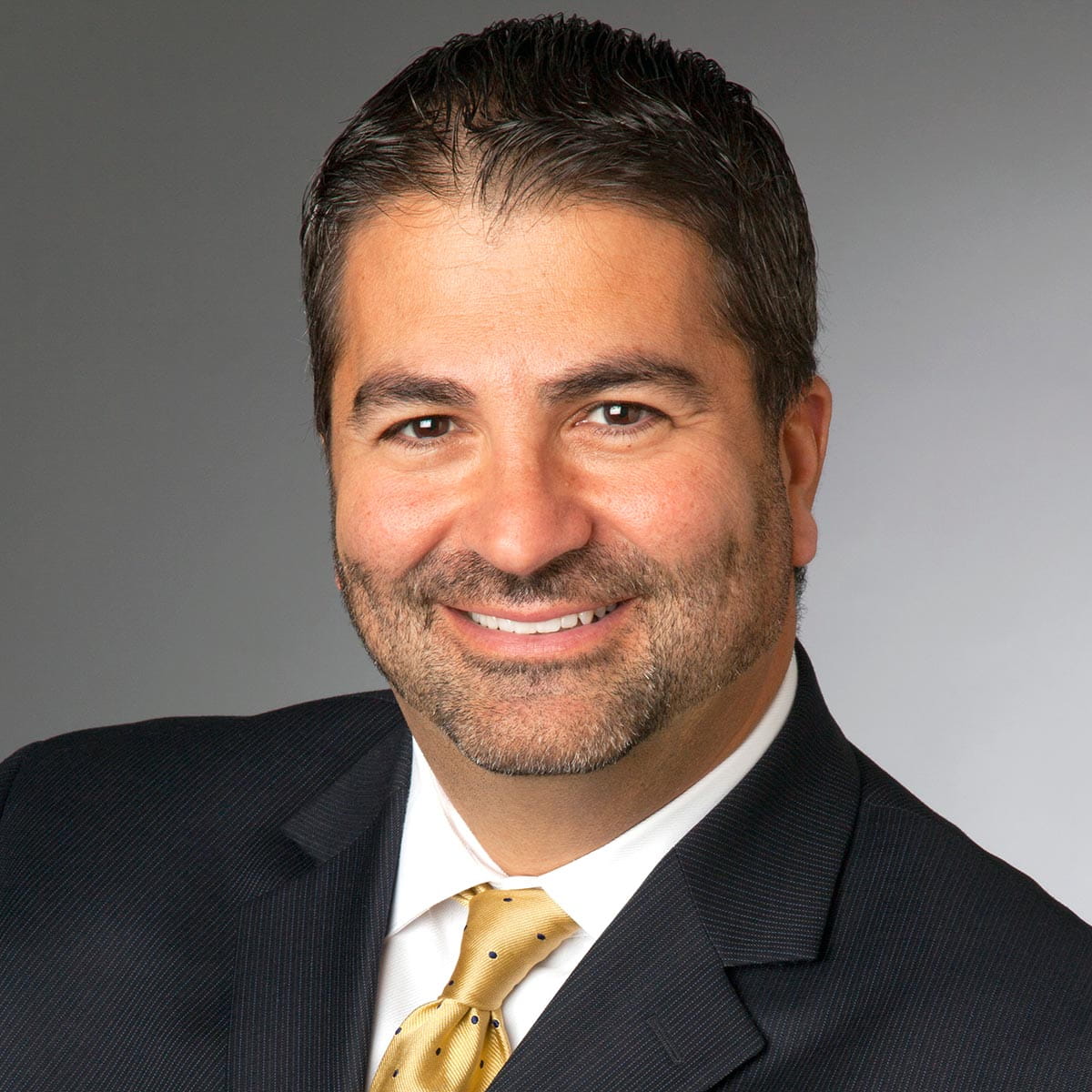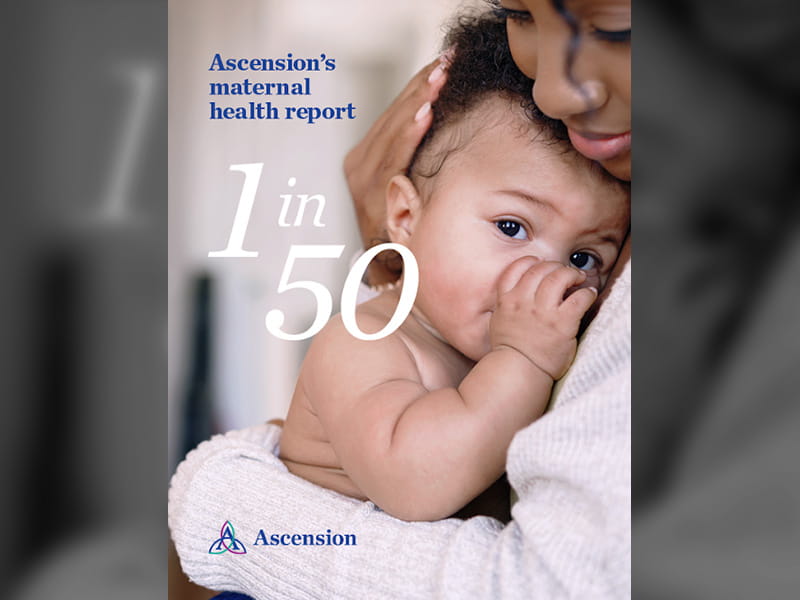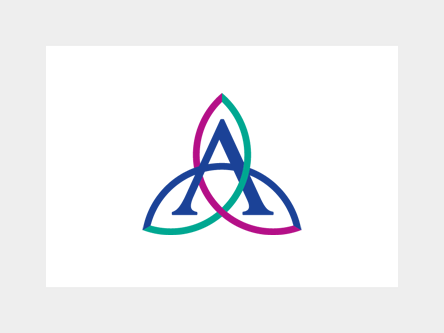Dr. Joseph Cacchione, Executive Vice President of Clinical & Network Services, Ascension
It’s vital to all of us to build community immunity to COVID-19, particularly to protect those most at risk. A key to achieving community immunity is ensuring that everyone receives a vaccine against this virus as soon as it’s available to them – to protect not just themselves, but their loved ones, friends and neighbors as well.
We know that some individuals and communities have expressed hesitancy and concerns about the vaccines. As a national health ministry with a Mission to serve all with special attention to the most vulnerable and marginalized populations, Ascension has a sacred responsibility to provide our patients and the communities we serve with access to reliable and accurate information, resources and care to help them meet their health needs.
When making important decisions, we rely on the people and sources we trust – especially when it comes to healthcare, and especially when the amount of information available can be overwhelming. As healthcare providers, our patients trust us with their care and well-being. The individuals we serve also trust us to help improve the overall health of the community, educate them on healthy behaviors, increase accessibility and eliminate barriers to care. We also have a responsibility to be proactive and go out into the community to build relationships with community partners and organizations that can help us to raise awareness and provide access. All of these responsibilities come together in highlighting the importance of the COVID-19 vaccine and making it available and accessible to all.
There is an art and a science to the work of educating our communities about public health matters. It’s important that we listen to our communities and create opportunities to better understand the questions and reservations our patients, associates and communities may have, and address them appropriately, combining the latest medical science with the most appropriate and engaging means of communicating with each audience.
It’s essential that we engage directly with our communities to build awareness and opportunities for access to information about COVID-19 vaccines. Ongoing outreach and trust-building efforts will be vital to ensure that vulnerable and marginalized populations have access to the vaccine when it’s available to them.
Our clinical leaders are working closely with our marketing and communications, patient experience, language services, and community outreach teams to create accessible messaging and materials to help educate our patients, communities and our own associates about COVID-19, about the vaccines, and why we believe it’s so important to get vaccinated.
To help guide this work, Ascension is analyzing the data we have so we can identify those at high risk for serious COVID-19 cases and proactively encourage them to get vaccinated. Even before vaccines became available, we established system-wide vaccine operations, vaccine equity, and community outreach and engagement teams tasked with identifying and developing strategic, comprehensive and community-focused plans and solutions to increase awareness and provide access to the COVID-19 vaccines.
Since then, our sites of care have been working in close alignment with local and national health authorities to engage communities and make COVID-19 vaccines available, with some even establishing mobile and large-scale vaccination clinics to help reach eligible healthcare professionals, established patients, community members, essential workers and those who are most vulnerable. We’re also working to leverage long-standing community connections and relationships with churches, faith communities, neighborhood centers and organizations that also work directly with vulnerable and marginalized populations.
So far, across our national ministry, our sites of care have administered more than 550,000 doses of the COVID-19 vaccine.
As healthcare providers, it’s also vital that we live and lead by example. Since December, we’ve been working with our marketing and communications team to highlight individuals across our ministry who have gotten their COVID-19 vaccine and shared their experiences and reasons for being vaccinated. In this way, others in the community know we walk the talk and are committed to the safety of all. Across our national health system, we’ve vaccinated 60% of our associates. But we still have work to do to make sure everyone has the opportunity to get the vaccine they need.
There are three main reasons to get the COVID-19 vaccine: your personal health; the health of family members and loved ones, especially those most vulnerable; and community health. Focusing on those three commitments can help us to achieve community immunity, stop the spread of this deadly virus, and help us return to normal.




